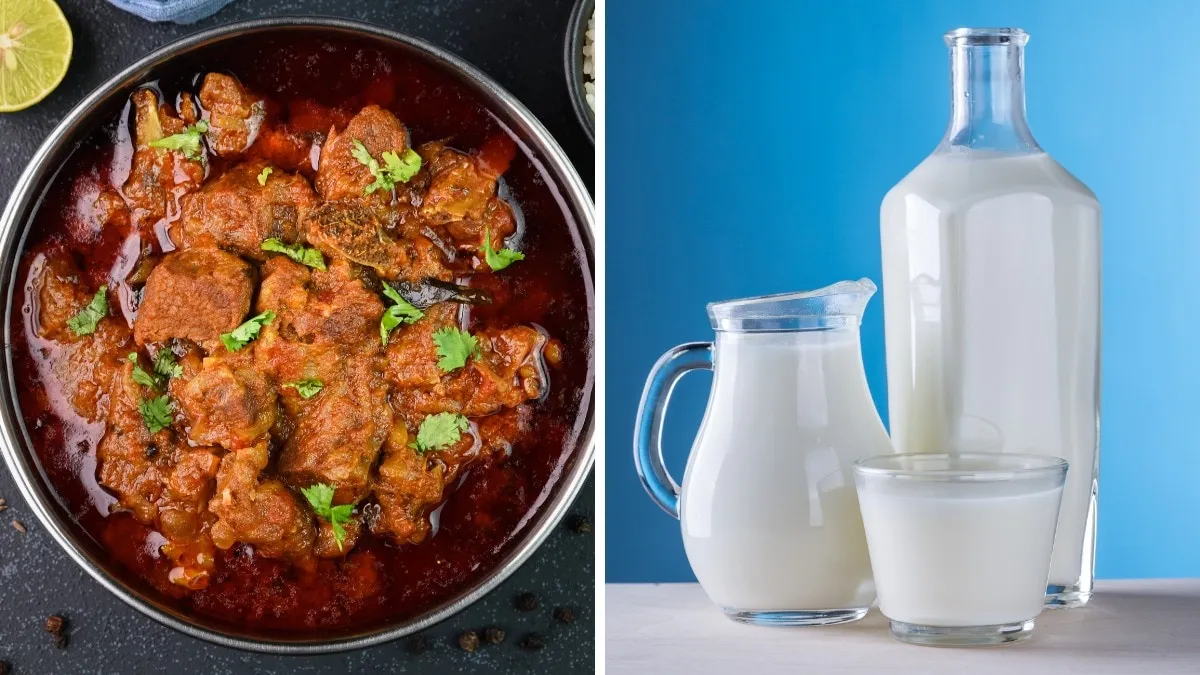Proteins in Meat and Milk and Their Role in Tumour Suppression

Proteins in Meat and Milk's Contribution to Gut Health
A team of researchers in Japan has discovered that certain food proteins, like those found in milk, can help prevent tumours from forming in the small intestines. Their study, published in Frontiers in Immunology, shows how these proteins activate the immune system to stop the development of new tumours. Food antigens, such as those in milk, peanuts, and eggs, are often known for causing allergic reactions. However, even in non-allergic individuals, these antigens are recognized by the immune system as foreign substances.
Immune Activation and Tumour Growth
The team, led by Hiroshi Ohno from the RIKEN Centre for Integrative Medical Sciences, previously found that food antigens can activate immune cells in the small intestines. Their latest study explores whether these food proteins can also help stop tumour growth in the small intestines. The researchers conducted experiments using mice with a genetic mutation similar to familial adenomatous polyposis, which makes them prone to developing intestinal tumours.
- Mice fed a regular diet had fewer tumours compared to those on an antigen-free diet.
- Introducing albumin (a protein in meat) into the antigen-free diet yielded similar tumour-suppressing effects as a normal diet.
- This indicates that food antigens play a critical role in preventing tumours, beyond mere nutritional value.
Implications for Medical Diets
This study reveals that the immune response, particularly the activity of T cells, was significantly stronger in mice consuming food antigens compared to those on an antigen-free diet. This highlights the role of food proteins in maintaining a healthy immune system in the small intestines.
These findings could inform medical diets, such as elemental diets — which eliminate whole proteins to reduce digestive strain. However, Ohno cautions that such diets should be used carefully, especially for individuals at higher risk for small intestinal tumours.
Disclaimer: The information provided on this site is for informational purposes only and is not intended as medical advice. We are not responsible for any actions taken based on the content of this site. Always consult a qualified healthcare provider for medical advice, diagnosis, and treatment. We source our news from reputable sources and provide links to the original articles. We do not endorse or assume responsibility for the accuracy of the information contained in external sources.
This article was prepared using information from open sources in accordance with the principles of Ethical Policy. The editorial team is not responsible for absolute accuracy, as it relies on data from the sources referenced.